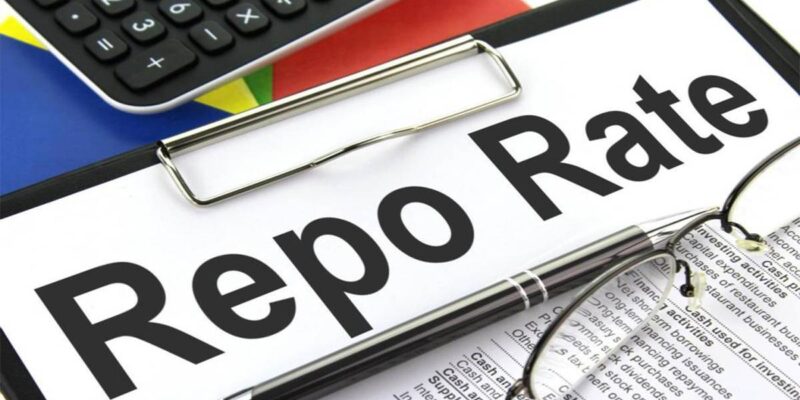
The repo rate is one of the primary ways in which central banks control the money supply and influence the economy. In simple terms, the repo rate is the rate at which banks can borrow money from the central bank. This happens through buying government securities. When the repo rate is higher, banks will borrow less, and the economy’s money supply will constrict. When the repo rate is lower, banks will borrow more, and the economy’s money supply will expand.
Effects of Change in Repo Rate in Stock Market
The implications of changing the repo rate are vast, affecting everything from the stock market to consumer behavior. When the central bank lowers the repo rate, it has the effect of making loans cheaper. This means that businesses and individuals are more likely to take on debt to invest and spend, increasing the overall economic activity of the country. However, a low repo rate also means that savers earn less on their deposits, as the interest rates on savings accounts are linked to the repo rate.
On the other hand, when the central bank increases the repo rate, it tightens the money supply, making it more expensive for businesses and consumers to borrow money. This can lead to a contraction in the economy, lowering employment rates and slowing gross domestic product (GDP) growth. For individual consumers, higher interest rates on loans and mortgages can also lead to increased financial stress, and decreased purchasing power.
Why Repo Rate is Essential Tool?
The repo rate is an essential tool for central banks in managing the country’s economy. By adjusting the repo rate, the central bank can influence inflation, economic growth, and borrowing costs for individuals and businesses. However, it is not a simple matter of raising or lowering the rate – the central bank must consider a range of economic factors before making monetary policy decisions.
Conclusion
Overall, the repo rate has important implications on the economy and the lives of consumers. While it is necessary for central banks to use this tool in managing the money supply and inflation, they must balance the benefits with the potential costs of increased borrowing costs for savers and consumers. As individuals, it is important to stay aware of changes in the repo rate and adjust our personal finances accordingly.











